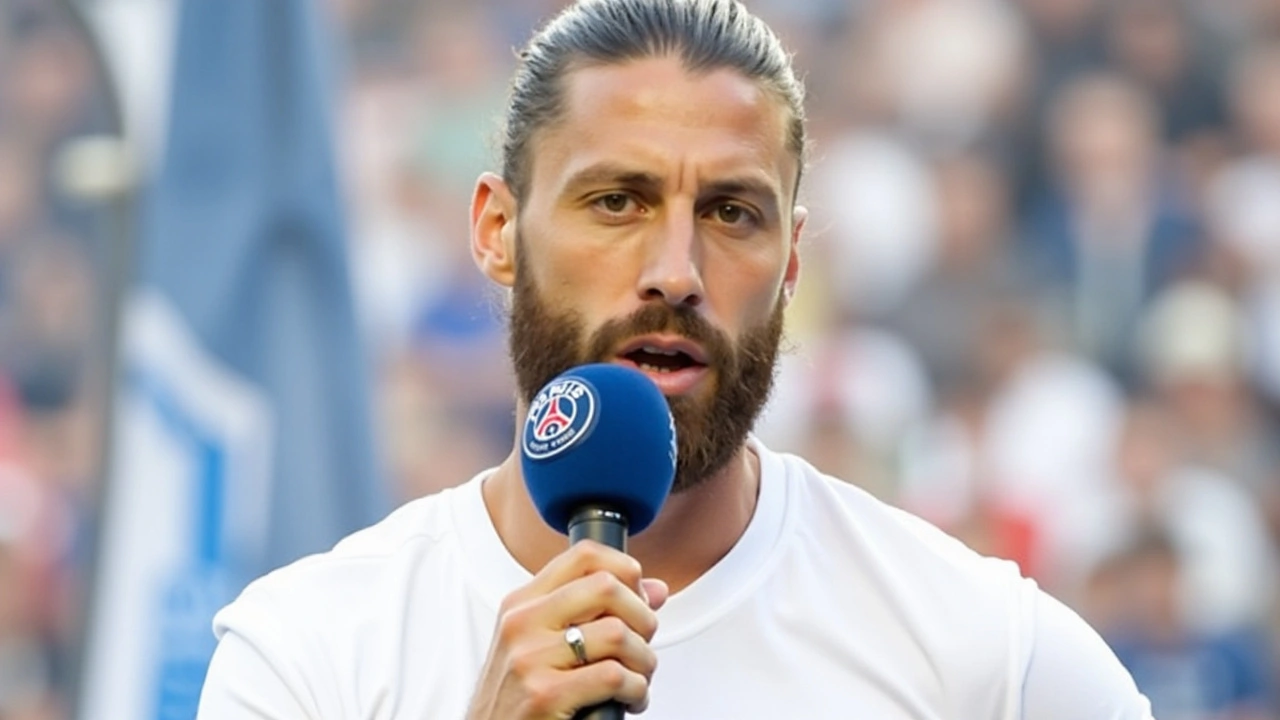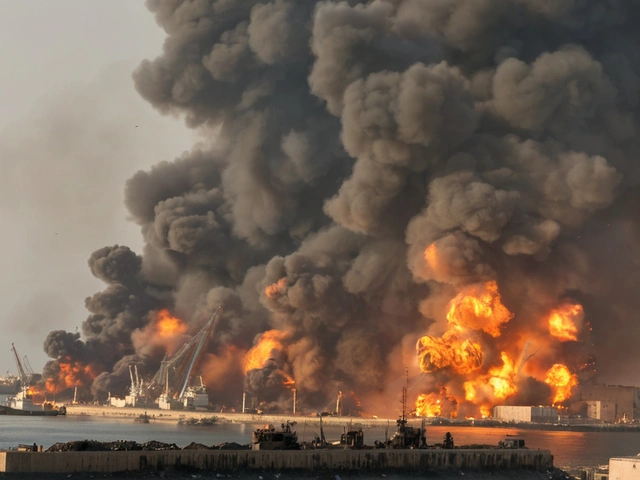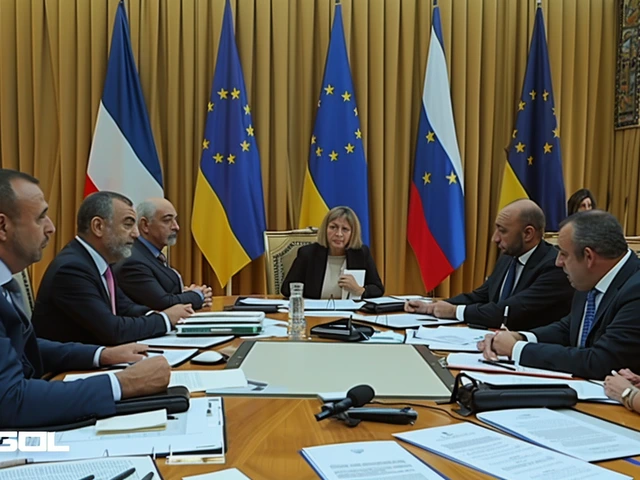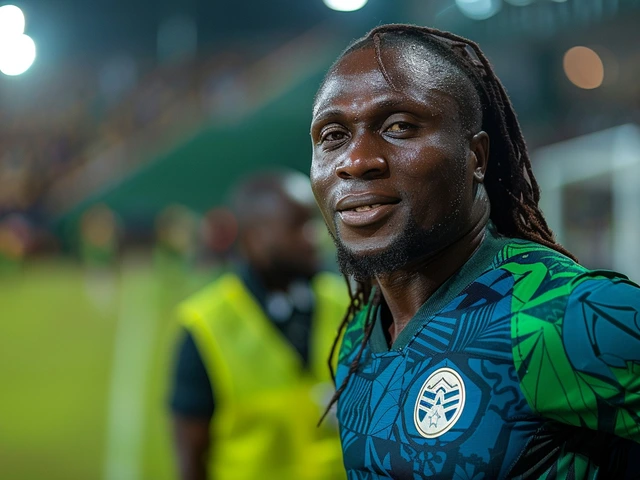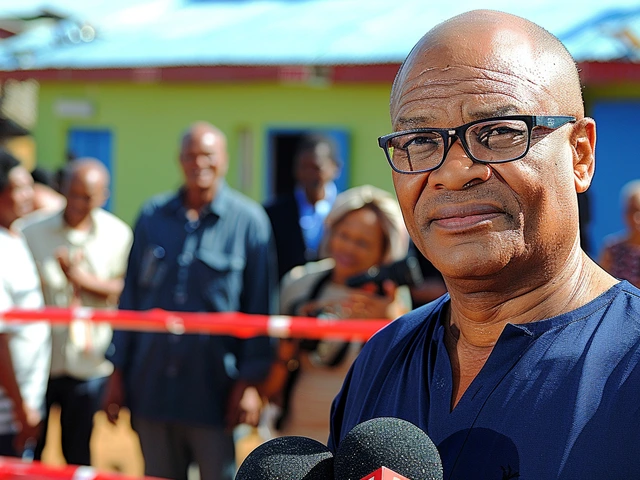Real Madrid Faces Defensive Challenges Amidst Injury Crisis
In the world of European football, Real Madrid's legendary status precedes them, yet even the most prestigious clubs face challenges from time to time. Currently, the club is grappling with a troublesome defensive crisis that threatens their standing in La Liga and beyond. With several key players, including Éder Militão, sidelined due to injuries, the pressure is mounting on the team to strengthen its defensive line-up. However, amidst swirling rumors and media speculation, Real Madrid has decisively ruled out re-signing Sergio Ramos, one of its most iconic former players, to remedy their predicament. This decision exemplifies the club's forward-thinking strategy, focusing instead on Manchester City’s Aymeric Laporte come the January transfer window.
The Strategic Dismissal of Sergio Ramos' Return
Many enthusiasts envisaged Sergio Ramos, currently plying his trade at Al Nassr, making a dramatic return to the Santiago Bernabéu. Ramos, with his formidable reputation as a central defender and leader, seemed like a viable choice to plug the gaps left by the injured duo Militão and others. Nonetheless, internal plans and strategic foresight have led Real Madrid to deem a Ramos return impossible. The club has decided to steer away from nostalgia and instead chart plans that bolster their long-term defensive strategy with fresh blood.
Focusing on Aymeric Laporte
As Real Madrid looks towards the future, the focus has shifted to Aymeric Laporte, a player with proven Premier League experience and an ideal fit for Madrid's tactical setup. Laporte, who has been an integral part of Manchester City’s lineup, brings a blend of technical ability and defensive savvy that could greatly benefit Real Madrid. His adeptness at playing out from the back seamlessly aligns with the tactical system preferred by Real Madrid, making him an attractive acquisition target. The January transfer window is eagerly anticipated by fans and the management alike, as they aim to secure Laporte's services and solidify their defensive core.
Injury Challenges and Team Dynamics
Real Madrid’s defensive woes are far from over, with multiple players still nursing injuries. This crisis has heightened the importance of maintaining squad depth and flexibility. The win against Osasuna showcased the resilience and tactical prowess of the team despite these setbacks. Nevertheless, the game underscored the urgency with which the management needs to address the defensive voids. With critical matches on the horizon, Real Madrid's ability to sustain their competitive edge hinges on tactically astute player acquisitions and squad management.
The Broader Implications for Real Madrid
Real Madrid's decision-making process during this period could set a precedent for strategic thinking in times of crisis. Shunning a sentimental return of a beloved player in favour of long-term positioning reflects a paradigm shift in club management philosophy. This approach not only aims to address the immediate challenges but also ensures the club's sustained excellence and ambitions in domestic and continental competitions. By prioritizing signing players like Laporte, Real Madrid is not just preparing for the season ahead but also aiming to maintain their legacy as a leading force in European football.
Charting a Course Forward
As Real Madrid continues to navigate the murky waters of a defensive crisis, aligning tactical goals with realistic player acquisitions becomes paramount. Club fans who have supported the team through thick and thin remain hopeful, trusting the management's decisions will usher in a new era of success underpinned by strategic foresight and player prowess. As the January transfer window approaches, all eyes remain on Madrid's next moves, which could redefine their defensive structure for years to come.
The saga of which players will join Real Madrid remains largely speculative; however, the club's decisive stance showcases a commitment to excellence. By choosing to pursue talented players like Aymeric Laporte rather than relying on past glories, Real Madrid isn’t just addressing an immediate need; they're paving the way for future victories and establishing a robust foundation for continued dominance on the world stage.

